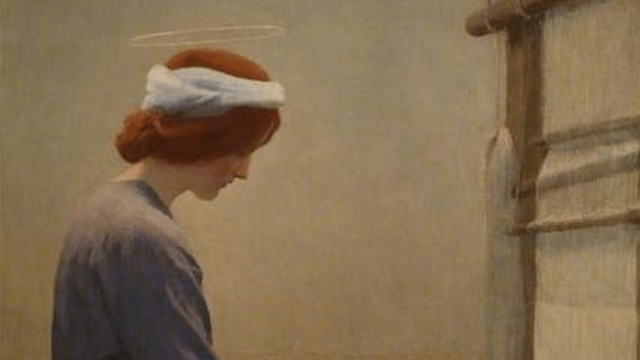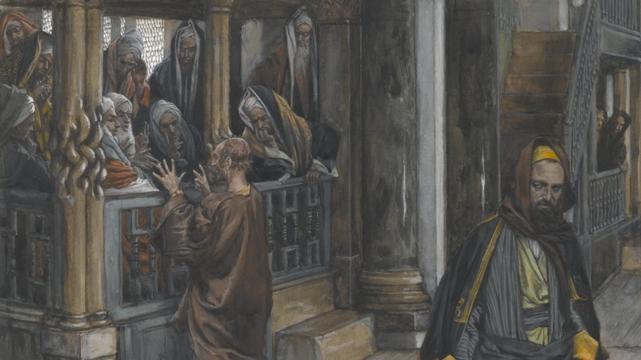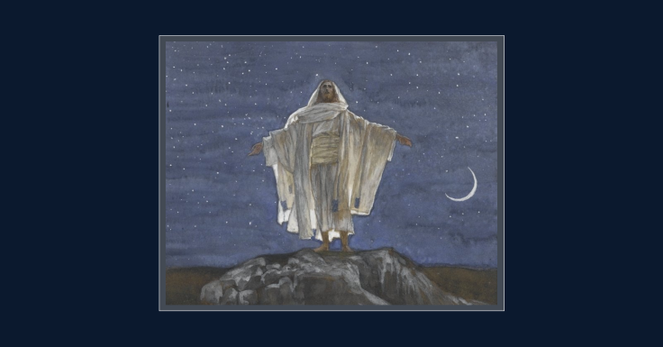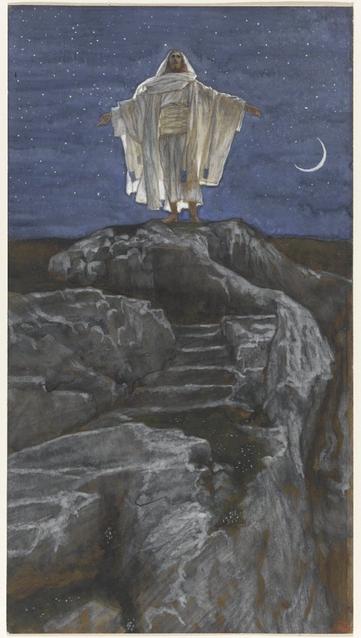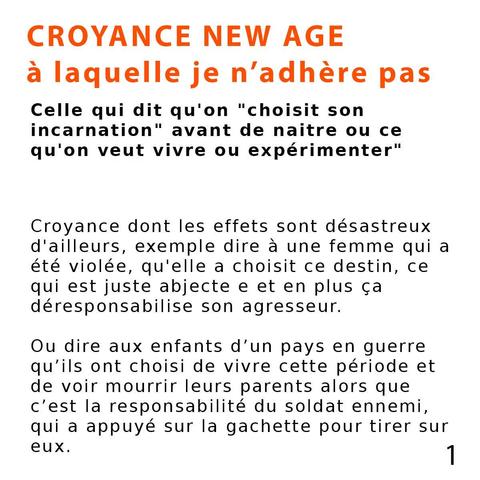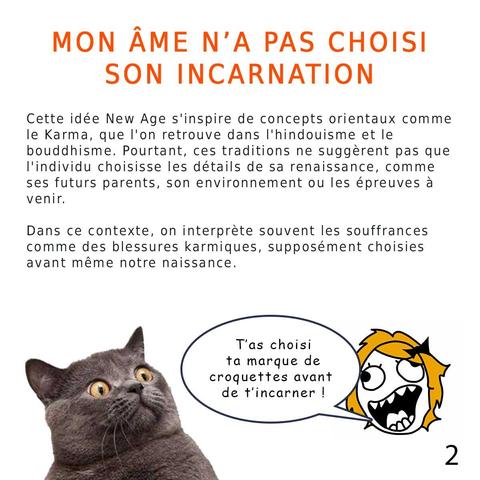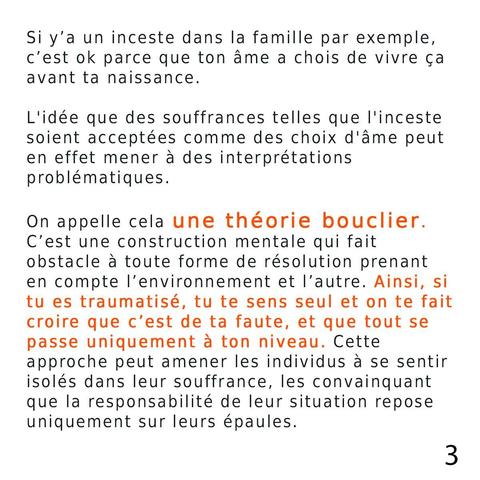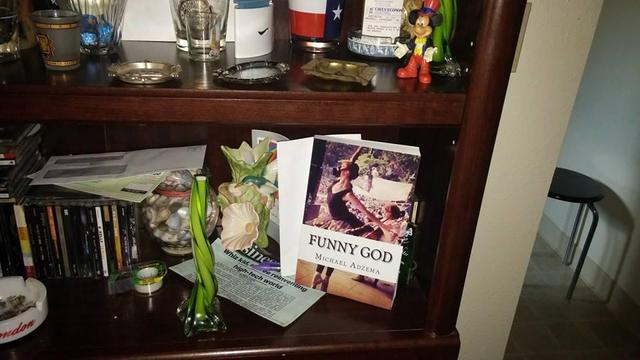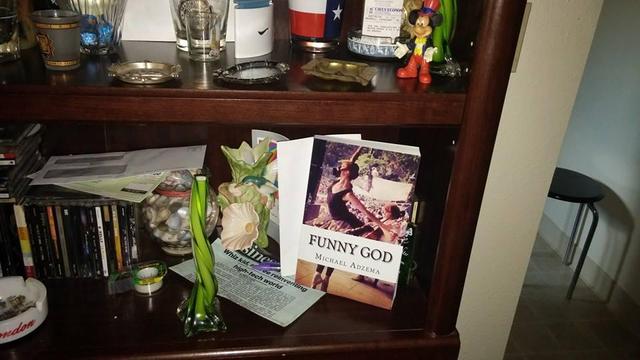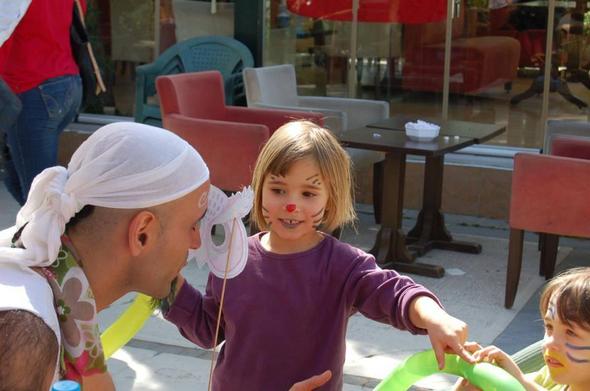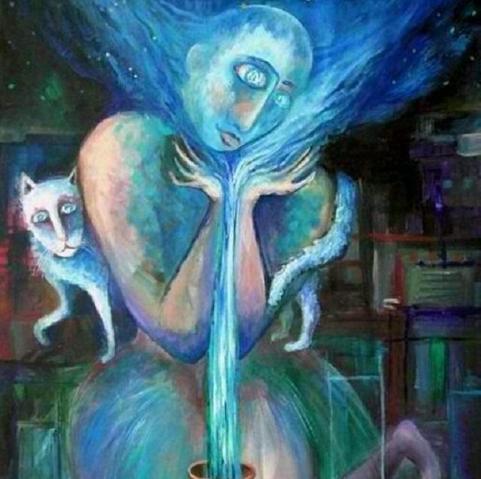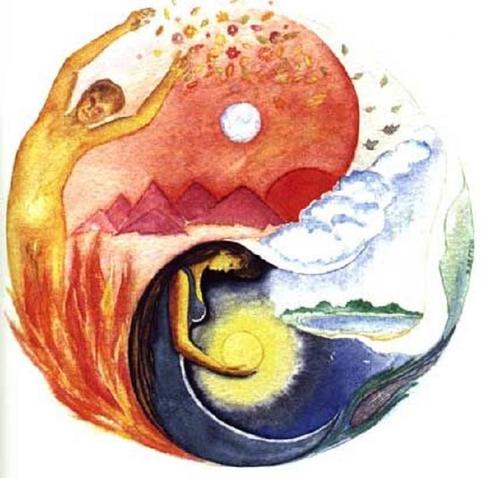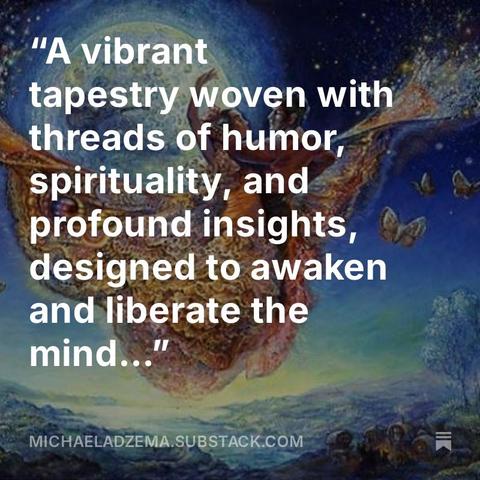Quote of the day, 6 April: St. Edith Stein
“And the word was made flesh.”
This became reality in the stable of Bethlehem. But it has also been fulfilled in another form: “He who eats my flesh and drinks my blood has eternal life.” The Saviour, knowing that we are and remain human—daily struggling with our weakness—aids our humanity in a manner truly divine. Just as our earthly body needs its daily bread, so the divine life in us must be constantly fed: “This is the living bread that came down from heaven.”
If we truly make it our daily bread, the mystery of Christmas—the Incarnation of the Word—will be re-enacted in us each day. And this, it seems, is the surest way to remain in constant union with God and to grow every day more securely and more deeply into the Mystical Body of Christ.
I am well aware that many will think this an exaggerated demand. In practice, it means for most of those who start this habit that they will have to rearrange their outer and inner life completely. But this is just what it is meant to do. Is it really demanding too much to make room in our life for the Eucharistic Saviour, so that He may transform our life into His own?
We have time for so many useless things: we read senseless rubbish in books, periodicals, and newspapers, sit in cafés, and chat for a quarter or half an hour in the street. All these are distractions by which one wastes time and strength. Should it really be impossible to save an hour in the morning in which one is not distracted but recollected—in which one does not spend oneself but gathers strength sufficient to carry one through the whole day?
It is true: more is needed for this than just the one hour. We must live from one such hour to the next in such a way that we are allowed to come again. It is no longer possible to “let ourselves go,” even only for a little while. We cannot escape the judgment of a person with whom we are in daily contact. Even without words, we feel what others think of us. We will try to adapt ourselves to our surroundings, and if this proves impossible, it will be torture to live together.
Thus it is also in daily intercourse with our Lord. We shall become ever more sensitive to what pleases and displeases Him. If before we had been, on the whole, quite satisfied with ourselves, this will now become very different. We shall find much that is bad and change it if possible. And we shall discover many things that we cannot think are satisfactory—and yet are so hard to change.
And so we shall gradually become very small and humble, as well as patient and indulgent with the motes in the eyes of others, because we are busy with the beam in our own. And finally, we shall learn even to bear with ourselves in the light of the divine presence, and to give ourselves up to the divine mercy which can deal with all the difficulties that are too much for our own strength.
It is a long way from the smug self-satisfaction of the “good Catholic” who “does his duties,” reads a “good paper,” etc., but apart from that does what he likes, to a life guided and provided by the hand of God in the simplicity of the child and the humility of the publican. But whoever has walked in this way will no more turn back.
Thus, being a child of God means to become small—and at the same time to become great. Living eucharistically means quite naturally to leave the narrowness of one’s own life and to grow into the breadth of the Christ life. If we seek the Lord in His house, we shall not always occupy Him only with ourselves and our own affairs. We shall begin to be interested in His affairs.
Saint Edith Stein
The Mystery of Christmas: Incarnation and Humanity
Lecture given to Catholic academics, 13 January 1931
Ludwigshafen, Germany
Stein, E 1931, The mystery of Christmas: incarnation and humanity, translated from the German by Rucker, J, Darlington Carmel, Darlington UK.
Featured image: Photographer Tim Foster captured this golden hour image of hikers at El Hoyo volcano in Nicaragua. Image credit: Tim Foster / Unsplash (Some rights reserved).
💠 Appreciate these quotes from the Carmelites?
Subscribe for more Carmelite wisdom delivered straight to your inbox.
💠 Reflection question:
What might Christ wish to rearrange in your life so you can live more eucharistically?
Share your thoughts in the comments.
#Eucharist #faithful #incarnation #little #presenceOfGod #relationship #StEdithStein #transformation
